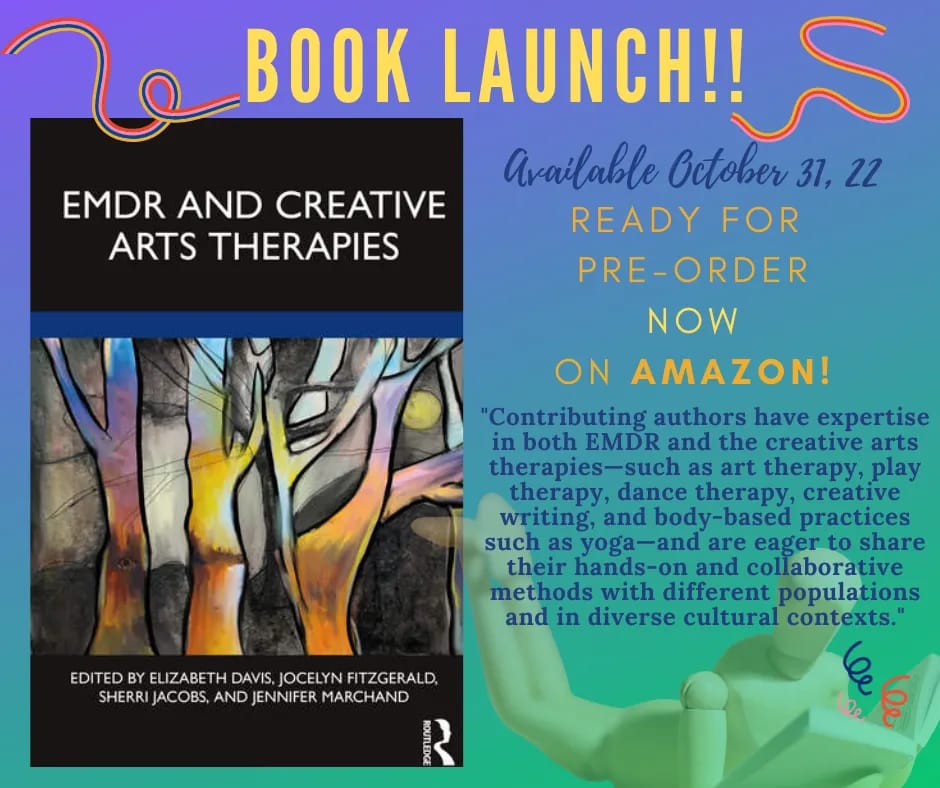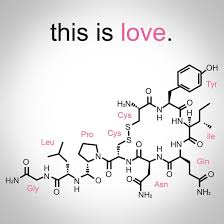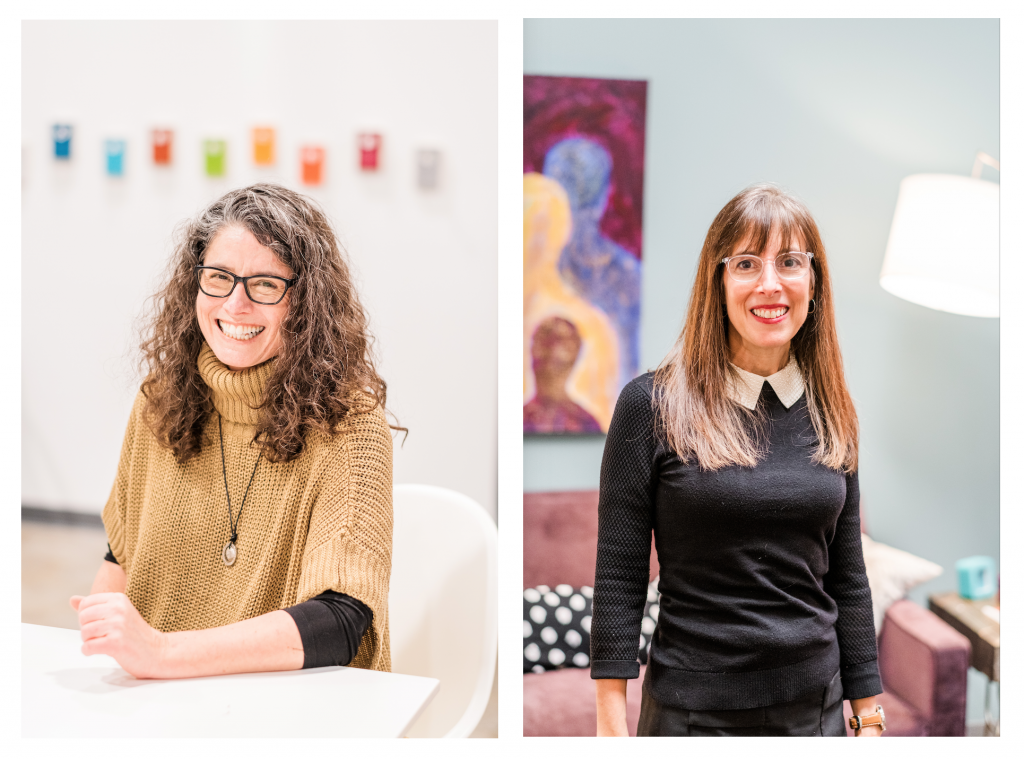Resilience is an excellent thing to strive for in this complex era. This project invites viewers to create a 30 day visual journal to cultivate hope, momentum, and postivie self regard in a low pressure, low key way. This video introduces ideas from the field of psychology who contributed to our understanding of well being.

Embracing TIME through Creative Art Expression
How do we create a sense of control when things feel our of control? Engaing in a creative project and narrowing down time to embrace the things we can control is a great way to start. These instructional videos offer a simple format to use collage material for creative self expression.
EMDR and Creative Arts Therapies

I am writing this post to announce the publication of a new book EMDR and Creative Arts Therapies that I co-edited and co-wrote. This book is a a collaborative effort of many pioneers in the creative arts therapies field. For therapists who are trained in EMDR and looking for creative avenues to support the work they do, you will LOVE this book. This is the first and only book written on the topic of using creativity to enhance EMDR therapy. We are so very happy to share our ideas with the mental health field.
Post pandemic CRISIS: The anxiety of reconnection.

The pandemic isn’t quite over, but the rapid vaccination rollout, warmer weather, and dropping numbers of newly diagnosed individuals are certainly offering a new level of hope in the United States. It appears we are entering a new phase which will allow for safely connecting with our peeps. For most, this is fantastic news, but for many, this is a season of serious crisis. What is happening? As a therapist, I am here to offer an insider’s view of this emerging phenomenon that has accompanied much of March, 2021.
For the past year, most earthlings’ lives were upended overnight. The remainder of the year was a slow descent into new dimensions of our “inner” worlds, while contemplating what an “outer” world might look like in a post pandemic world. Most envisioned a new world with a built in group of people/friends/partners/community. The new CRISIS for many is the reality that their pre pandemic lives had “simulated community” and not “real community.” Now that the season of opening is really upon us, many people recognize the desperate and inherent need for close social ties. The real question is HOW, WHEN, WHERE to find this community, thus the crisis. It turns out our rugged individualism as Americans led us into a false belief system of thinking we don’t need any real close ties.
Research in the mental health field in the 21st century can be consolidated into three words:
DO I BELONG?
If you don’t believe this reductionist approach to the conundrum of Homo Sapiens, please check out the links at the end of this post from the field of adult attachment. The crisis unfolding is the dawning reality that people simply don’t feel like they belong anywhere, have had a full year of profound loneliness. The great news is this can be resolved, but this shift requires…..risk……vulnerability……quieting down the noise in one’s head, etc….or as we like to say confronting “USA”- things that are Uncomfortable, Scary and Awkward.
Belonging requires many components such as:
- Identifying like minded people (this means identifying your own wants/needs/interests)
- Tracking down where you might find these like minded people in your community
- Making a real plan to gather with these people.
- ENGAGING with these people.
- Going back to the same place again and again to join a community.
This combination of steps to cultivate community is so anxiety provoking to many people that it is leading to a real crisis. I have observed so much suicidal ideation and relapses in the past few weeks in my front row seat as a therapist, and am hearing similar things from therapist colleagues all over the world. Once we can NAME this thing and acknowledge the social terror, the suicidal ideation can quiet itself down. This info might be shocking- you might be asking yourself, “Really? Someone would consider suicide over just showing up to make some friends somewhere?” Sadly, yes. Suicide is often a very poor coping tool and “easy way out” of not taking the scary route to confronting things that need to be confronted or sorted out. Naming it usually can reduce the power and lure of this kind of behavior/thinking (enlisting creativity into this murky space is hugely helpful). If you resonate with some of these complicated emotions, or are interested in brushing up on this 21st century thinking, here are some excellent guides to assist you on your journey of creating something new in a post pandemic world.:
Dr. Omri Gillath TEDxOverlandPark talk on The Power of (secure) Love
Adult Attachment: A Concise Introduction to Theory and Research by Omri Gillath
Art Therapy and Community
Resilience, COVID-19 and Creativity
Kindness as a Radical Act of Freedom. #NovemberLOVEmber

Let’s plan for something RADICALLY different this election day (11/03/2020) in the United States. Can you engage in a random act of kindness for someone in your community? These are complicated times. Your emotions are REAL. Let’s reclaim integrity, one interaction at a time. Let’s make a plan to mitigate negativity in a tiny but powerful way.
You might be feeling a radical range of emotions on November 4th (the day after election day). These emotions are real, and you are entitled to have them, feel them, and process through them. To smooth out your big emotions, can you plan for at least TWO random acts of kindness in your day? Planning ahead, creating concrete goals, and the simple act of doing something (along with the very magnificent opportunity to vote) can be powerful avenues for regaining a sense of control in a country that feels out of control.
Random acts of kindness ideas:
- Buy someone a cup of coffee.
- Say hello to a stranger.
- Call an old friend.
- Exchange eye contact with someone and wave hello.
- Thank someone who did something for you (your child’s teacher, mail carrier, garbage collector, delivery person etc.)
- Write a letter to an old friend
- Check in (safely) on someone with “pandemic fatigue”
- Bring your neighbor flowers.
- Ask a work colleague a personal question.
- Call a relative
- Be kind to yourself
Art Therapy and COVID-19
Monopoly as a metaphor of inequality in the USA
 The best way to truly comprehend the inequality in the USA is to use the metaphor of a Monopoly game. The rules are pretty simple- everyone starts with the same amount of money, and as you work your way around the board, you can buy real estate when you land on a property. You then get to charge your opponents rent when they land on your spot, and rent keeps increasing as you buy houses and hotels to add to youe property. The goal of the game? When everyone is bankrupt, you win. Simple, right?
The best way to truly comprehend the inequality in the USA is to use the metaphor of a Monopoly game. The rules are pretty simple- everyone starts with the same amount of money, and as you work your way around the board, you can buy real estate when you land on a property. You then get to charge your opponents rent when they land on your spot, and rent keeps increasing as you buy houses and hotels to add to youe property. The goal of the game? When everyone is bankrupt, you win. Simple, right?
Let’s imagine the African American experience in the US. If each time around the board of a Monopoly game represents a year, then the first 350 times around the board, the African American player got nothing (slavery started in this land in roughly 1619). The rest of the players are using the income they were given at the beginning of the game. Finally, in the next 50 rounds around the board, the African American player gets a tiny bit of money to start catching up. If you have ever been that far into Monopoly game, the chances of EVER catching up are simply impossible. The frustration felt in the game is the SAME frustration many African Americans experience every single day. This metaphor might seem silly, but this the easiest way to comprehend our situation that was 401 years in the making. What do we do? How do we switch to a new game?
The economic disparaties in the US are massive. Please read more to learn about our shocking stats that happened in just the past decade: Pew Reserach Center. When our expectations no longer meet our reality, anger, frustration and disquiet erupt in what is often referred to as the Tocquville effect.
What is the short term solution at this point in the story? Stay curious. Stay open. Listen. Learn. Vote. Ask questions. Real change is something ALL of us have to do together. Let’s sort this hope thing out together, one conversation at a time. This is not a time to sit this one out or stay quiet. Let’s evolve together.
10 Books to Inspire You During COVID-19
 Many of us walked into the COVID-19 pandemic with great intentions of reading, learning, and being productive in some inspired way. The reality for most of us involved spending time doing everying but accomplishing our lofty goals (like sitting around doing nothing). Please give yourself a “hall pass” for not being productive during this time. Non-productivity was a very important thing you were doing, and served as a healthy coping tool.
Many of us walked into the COVID-19 pandemic with great intentions of reading, learning, and being productive in some inspired way. The reality for most of us involved spending time doing everying but accomplishing our lofty goals (like sitting around doing nothing). Please give yourself a “hall pass” for not being productive during this time. Non-productivity was a very important thing you were doing, and served as a healthy coping tool.
As we shift into a different stage of our pandemic, you might be getting some energy to read, think, grow, and might still have lots of down time to do new things. Although our worlds appears to be opening back up, this will look different for all of us, and you might be retreating back home to regoup. Please check out this list of inspirational books. I am saving you the time of combing through the hundreds of books out there that claim to be helpful. The books below are by authors who really, really know what they are writing about, and will leave you feeling changed in some postive way. Please check out this list below for some inspiration (in no particular order):
The Artist’s Way by Julia Cameron
The Artist’s Way isn’t just a book, but a twelve week process to explore creative growth and change. If you “do” this book (one chapter a week), it will change your life. Really! I have led several of these twelve week groups and observed participants radically change their lives. The change didn’t happen overnight, but offered a space for people to contemplate change, quiet down the negative noise in their head, and then take creative risks. This book has a bit of a cult following due to its success rate (The New Yorker een gave it a great review). You might want to find a pal or a group to “do” the Artist’s Way group for the additional support. Please look around your community or online for a group to join.
12 Rules for Life by Jordan Peterson
I only learned about Jordan Peterson through clients who came to therapy sessions completely blown away by his books and podcasts. I observed people really changing, growing, and becoming emotionally intelligent as they abosrbed the ideas proposed in this book. Dr. Peterson is a professor of psychology at the University of Toronto, and suddenly trending everywhere online in TED talks, podcasts, quotes, etc. This guy is the real deal.
Braving the Wilderness by Brene Brown
If you are late to the Brene Brown party, my apologies. Her books have been trending for the past few years. She became famous following a viral TEDx talk, and many podcasts, attention from Oprah, etc. Her research on shame and vulnerability enlightens readers to challenge everything they previously thought about being, vulnerable. It turns out, that vulnerability is the key to strength, power, creativity, success and growth. This shift in thinking is expressed in a funny, snarky, and easy-breezy way in her writing style. Braving the Wilderness is just one of many of her amazing books. I recommend them all (along with her podcasts, TED talks, classes, interviews, etc).
The Choice by Dr. Edith Eva Eger
This book will change your life. Dr, Eger is an octogenerian psychotherapist who specializes in PTSD due to combat trauma. This book weaves together her clinical experience and her personal story of surviving horrific experiences during the Holocaust. This powerful book is a game changer, and will shift your perspective on life, attitude, empathy, joy, love and emotional intelligence. This is NOT a light read, but you should rise to the occasion if you are in the mood, and READ THIS BOOK! Dr. Eger sees her work as a 21st century companion to Man’s Search for Meaning (see below).
Man’s Search for Meaning by Viktor Frankl
You might have come across this book at some point in your life. Perhaps you read in in high school? The Library of Congress ranks it as one of the ten most influential books in America. The essence of Man’s Search for Meaning is that free will can be narrowed down to one thing- attitude. As our world shifted around in the past few moths due to COVID-19, this book can serve as a great guide for exceptional living in times of uncertainty. Yes- there are two slightly graphic, intense books about the Holocaust on this short list, but they actually inform one another. Dr. Viktor Frankl had a deep friendship with Dr. Eger (author of The Choice) who is listed in the previous recommendation. Read them both.
There are plenty of irreverant, snarky books out there inviting you to change, grow and become a new and improved person. What sets this hilarious book apart is that Alkon’s banter is backed up with references, resources, and real research. If you are looking for a pick-me-up to grow your self esteem pronto, this book is really in a league of it’s own. It will change your attitude, help you stifle the negative self talk, and you will wonder why you didn’t jump on the “confident person” band wagon a long time ago.
Mountains Beyond Mountains by Tracy Kidder
Can one person make a difference in the world? As you learn more about the work of Dr. Paul Farmer, you will be amazed, and inspired. Dr. Farmer’s founded Partner’s in Health, and has worken in Haiti for the past several decades, opening hospitals to some of the most impoverished people in the world. It is easy to be cynical these days, and the antidote to the toxic stuff we see all around us is to fill our heads with real information about real people doing profoundly good work in the world.
When Breath Becomes Air by Paul Kalanthi
What makes life worth living? Neurosurgeon, Dr. Paul Kalanithi explores this topic in an intimate book written by him while navigating through treatment of stage IV lung cancer. This book was a best seller a few years ago, and also was Pulitzer prize finalist. If you missed it, now is a great time to read it. It will make you cry, but also make inspire you to live everyday more inspired.
You Can Draw in 30 Days by Mark Kistler
There are TONS of drawing books out there. I searched high and low for THE ONE drawing book that really teaches people how to draw. I was looking for one that was simple, clearly written, offered a place for immediate gratification, had some humor, didn’t make me feel bad about myself, or make me give up on trying to draw. Mark Kistler’s You Can Draw in 30 Days is THE ONE. Trust me.
Art Before Breakfast by Danny Gregory
The irony of living through a pandemic is we really found out that the “I have no time” excuse we had been using all these years was a bit bogus. The extra time we actually got in quarantine didn’t always lead us into a place of being more creative. Enter- Art Before Breakfast. This books offeres loads of gentle invitations to make art in five and ten minute exercises. The real secret of why this book is an awesome companion to have during our COVID-19 pandemic is that little tiny accomplishments can mitigate the stress of not having an actual end to things. The warped feeling that comes from uncertainty of near future things is making all of us CRAZY. That is the truth. What can we do about it? Finding very short, very non-intimidating activities that have actual endings are great tasks to make us feel normal. A quick five minute drawing this the perfect tool for navigating thourgh our current season of crazy.
PS- The Image at the top of this post is of the Downtown Kansas City Library’s parking garage. Kansas City is AWESOME.
PPS-I am exploring the world of becoming an Amazon Affiliate, so the links above will take you directly to Amazon.










